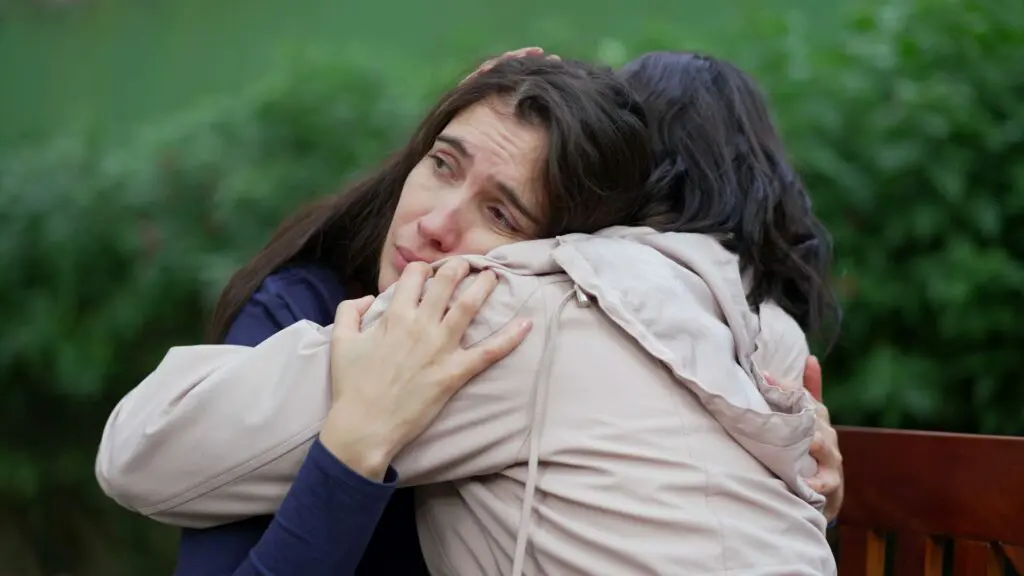trauma counseling
It’s almost impossible to get through life without experiencing some form of trauma. Trauma is something overwhelming or threatening to the nervous system. And it’s important to keep in mind, it’s not just the thing that happens, it’s how we perceive it and process it. Trauma could include a significant, life-threatening event, something less significant that challenges your ability to cope like losing a job, or pervasive over time like abuse or neglect.
What causes trauma, and its impact, differs greatly from person to person. Therefore, the “symptoms” you may be experiencing could be, but are not limited to:

- Hypervigilance, increased alertness and/or being on edge
- Emotional dysregulation, including irritability/anger
- Brain fog and/or dissociation
- Relationship struggles due to difficulty trusting
- Living in survival mode
- Flashbacks, nightmares, and/or sleep disturbances
- Unhealthy coping mechanisms like substance use
- Trouble concentrating
Do you feel like you are always on edge or living in survival mode? Is there trauma from your past, or deep emotional wounds keeping you from thriving in your life? Many people with trauma find themselves answering “yes” to these questions.
Can counseling help with trauma?
The effects of trauma can keep us isolated, but we understand it can be scary to open up about the wounds of the past. We also get that it’s hard to trust others when people have deeply wounded you. Trauma can be healed and repaired in relationship, and beginning with a trusted mental health professional can be an encouraging place to start. Bringing trauma and wounds of the past into the light can begin to bring you out of the darkness and the hold trauma has on you. Counselors are trained to walk with you and be a guide in healing from the pain of what you have been through. It is possible to move from just surviving to thriving.
How is trauma treated in therapy?
Due to the nature of trauma, and how it impacts everyone differently, a tailored approach is important when treating trauma. As noted above, professional counselors are specially equipped and trained to help you process your trauma. They will most likely help you get to better daily functioning by addressing the distressing symptoms. After that, deeper trauma processing may be helpful.
There is hope!
 Contact us to learn more about how counseling can be an effective treatment of depression or to be connected to a counselor on our team. You don’t have to keep suffering, and you certainly do not have to do it alone.
Contact us to learn more about how counseling can be an effective treatment of depression or to be connected to a counselor on our team. You don’t have to keep suffering, and you certainly do not have to do it alone.
If you are currently suicidal, please call 911, proceed to your nearest emergency room, or call the suicide hotline at 1-800-273-8255
Additional support through our podcast
Through Rough Waters - Episode 8 - Wounds & trauma
Through Rough Waters - Episode 22 - Healing from shame
